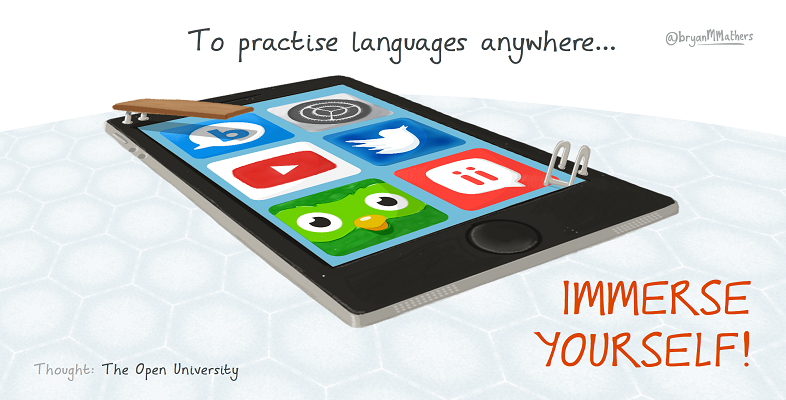COVID-19 has turned our lives upside down, leaving an impact for which no one was prepared. People all over the world are experiencing a shared crisis and its consequences are likely to be far-reaching, requiring resourcefulness, courage and strength to overcome. One aspect in particular that has recently attracted attention in the media is the psychological impact of the pandemic and its potential repercussions on our mental health. Indeed, a number of risk factors for mental ill-health are said to have escalated during the pandemic, such as social isolation, parenting anxiety, workplace stress, grief and loss, and family violence.
For some professionals, such as health workers, the stress they experience at work is very visible to the outside world. The risks taken daily by the armies of British doctors, nurses and healthcare workers treating coronavirus patients have been starkly illustrated by a growing number of deaths which have been widely reported. The mental health of frontline staff has also attracted increasing attention, as they are believed to be at high risk of developing anxiety and burnout.
But there are other professionals out there who face similar mental health risks, without necessarily making the front pages. Their experience is revealing in terms of how a pandemic like COVID-19 can affect individuals whose work may not be directly linked to dealing with the crisis, but is nonetheless profoundly impacted by its consequences.
But what about translators and linguists?

Translators and interpreters, for example, provide critical language access all over the world. Whether they work in healthcare, law or public services, they are routinely exposed to challenging situations the general population would never encounter.
With the pandemic, their work has become even more stressful. The majority of translators work as freelancers and they have been adversely affected by the economic consequences of the pandemic. Many have lost key clients and valuable income. For these knowledge professionals, it won’t be easy to get lost income back once the pandemic is behind us.
Adding to this occupational stress, perhaps the greatest legacy of the coronavirus pandemic is the lasting impact it will have on the emotional wellbeing of linguists. On a private Facebook group dedicated to ‘Things Translators Never Say’, one translator reported feeling shattered after translating a huge project for a cosmetics company broadly dealing with pampering oneself in times of Corona. With a close family member having just passed away as a result of COVID-19, the translator found it emotionally exhausting to undertake this work.
But why would translators feel depleted after working with emotionally challenging texts?
In an article about his experience of translating Orwell’s 1984 into Russian, literary translator Leonid Bershidsky described the translation process as suffocating...There is evidence that in order to translate successfully, linguists have to put themselves in the shoes of readers and imagine what they would feel and think while reading the text. This requires an important cognitive effort, which can be hijacked if powerful emotions also come into play. While having empathy and cultural sensitivity are valuable skills for linguists, it is important that they are able to acknowledge these feelings and not allow them to have a destabilising effect on their work.
Literary translators have often written about the emotional impact of translating challenging texts, and the sometimes alarming consequences for their health and wellbeing. In an article about his experience of translating Orwell’s 1984 into Russian, literary translator Leonid Bershidsky described the translation process as suffocating, and explains that the previous translator of the book was chronically sick for a year after finishing what he called a contaminated and poisoned book. The literary translator Carol Maier described feeling tired, dispirited, and having achy shoulders and heavy legs each time she returned to work on translating the journal entries of a Chilean writer.
Translators in other fields have also had upsetting experiences. A freelance legal translator shared her reaction to translating an autopsy report:
This was not the first of this kind of report that I had dealt with, but it was the most horrific. The crime was so terrible that the perpetrator was sentenced to 102 years and permanent separation from society […] I found nowhere to turn except to a fellow translator who could understand how a text could reach so far into me.
Are there any coping strategies available?
Specific strategies can be applied to process emotions in a way that will not lead to burnout, and the acclaimed emotion scholar John Gross argues that efforts can be made to modify aspects of a stressor or direct our attention away from stressors. One translator told me he coped by speaking to a psychologist on a regular basis. Another simply refuses to take on work related to topics that she knows will trigger her.
But not all linguists can do this, and many actively want to continue to do important and valuable work related to COVID-19, despite the mental health risks. They report feeling proud to translate documents ranging from innovative ventilators to patient experience surveys.
If we want to understand the mental health impact of coronavirus in our societies, it is time that we pay attention to the important work that many professionals are doing behind closed doors.






















Rate and Review
Rate this article
Review this article
Log into OpenLearn to leave reviews and join in the conversation.
Article reviews